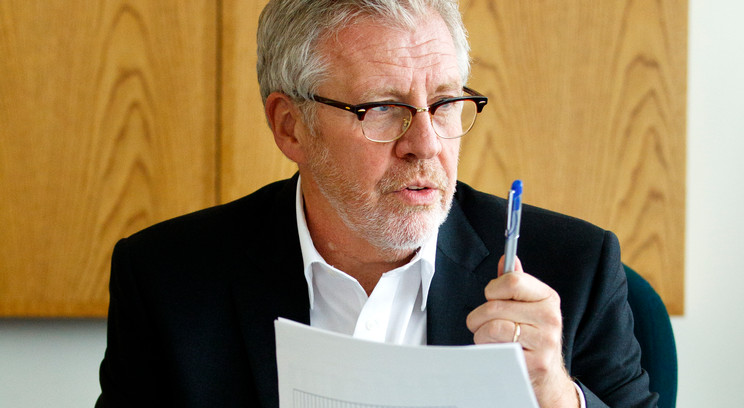As organizations have moved toward a more comprehensive approach to risk management, technical risk managers (insurance buyers, safety and security managers, financial risk managers, etc.) have come under the umbrella of a centralized and elevated ‘risk leader.’ Often called chief risk officers, heads of risk, or directors of risk management, these roles have emerged in recent years. The Opus College of Business’ Risk Leadership Initiative, a joint project with Copenhagen Business School, is examining this rapidly emerging phenomenon, seeking answers to a number of unanswered questions: where do these people come from; what distinguishes them from other leaders; how does someone prepare to become a risk leader; how do we know when they are doing a good job?
One feature of the Risk Leadership Initiative is oriented toward the application of risk management tools in developing parts of the world. Although this idea might seem unremarkable, there are a number of conceptual and practical barriers that have heretofore limited the exploration and application of risk management tools—including insurance—in developing countries. Steps have—and will—be taken under the Risk Leadership Initiative to better understand and deliver solutions into such countries and regions.
Already, OCB has collaborated with former student, Mustafa Omar (who heads Shelter for Life, a nonprofit that delivers aid and services to post-conflict countries) to develop a micro-insurance product that supports the great work his organization is doing to bring stability to countries in Africa and the Middle East.
Presently, OCB—in collaboration with UST’s Actuarial Science program—is in discussions with representatives of the Nigerian insurance industry to determine whether actuarial education can be delivered into that country through a combination of online learning and focused and specialized short learning experiences. Preparation for a career as an actuary requires not only coursework but the completion of—typically—ten examinations that are offered by an actuarial society (the US and the UK societies are generally seen as the models). Owing to a number of practical considerations, young Nigerians aspiring to actuarial careers typically cannot participate in a standard actuarial education model (4-year undergraduate degree followed by completion of society exams), and thus an alternative model is under consideration to combine online learning with a short-term intensive program on our campus that will target helping students pass the preliminary actuarial exams and expose them to actuarial thinking."
As an adjunct activity to the actuarial program, I am serving as head judge of the Nigerian Risk Management Awards competition, which annually recognizes achievements in insurance and risk management.
Dr. Peter Young is the 3M Endowed Chair in International Business at the University of St. Thomas, Opus College of Business







